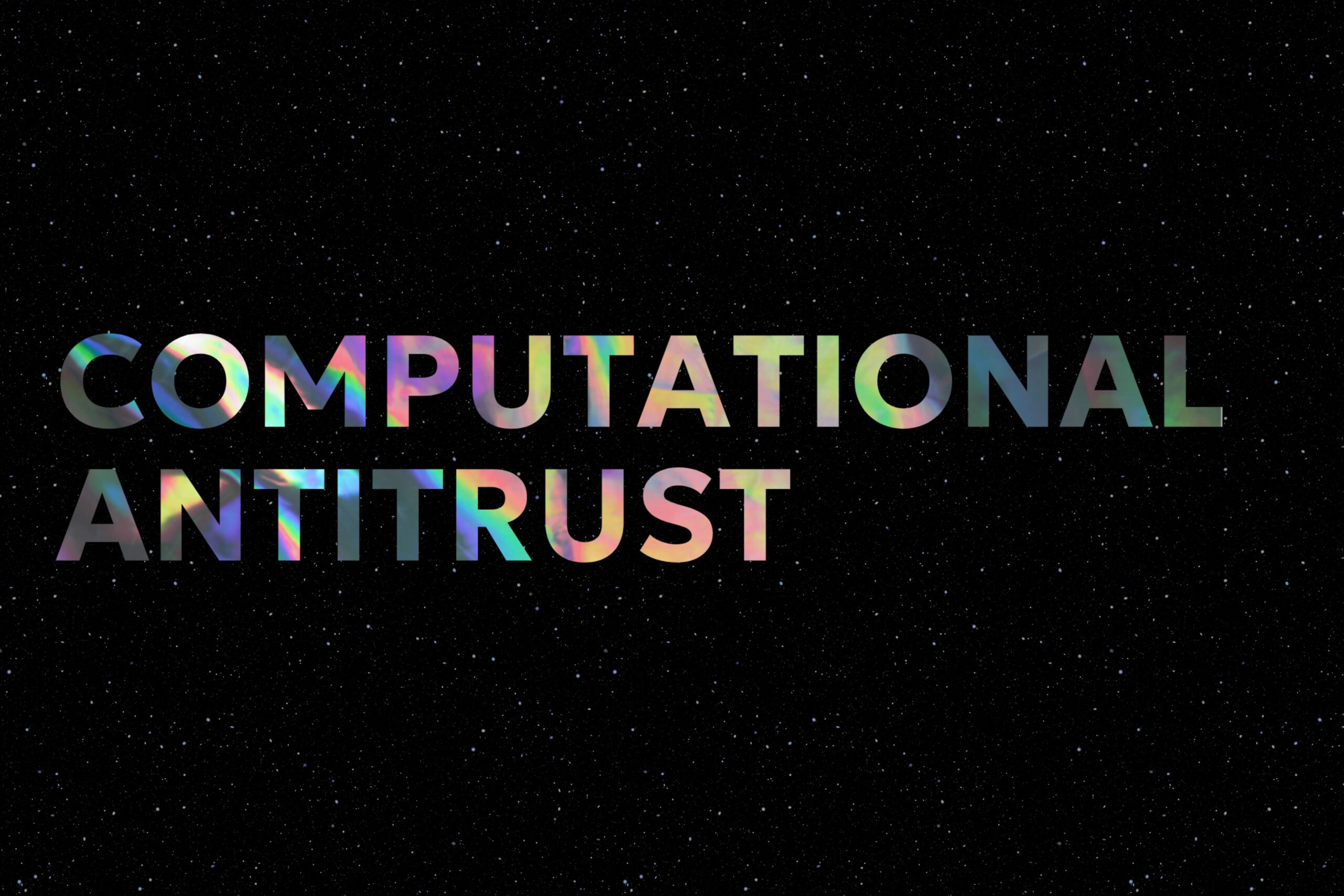In Thinking, Fast and Slow (2013), Daniel Kahneman (Nobel recipient, 2002) devotes a chapter to what he calls “heuristic questions.” See for yourself:
“A remarkable aspect of your mental life is that you are rarely stumped. True, you occasionally face a question such as 17 × 24 = ? to which no answer comes immediately to mind, but these dumbfounded moments are rare. The normal state of your mind is that you have intuitive feelings and opinions about almost everything that comes your way. You like or dislike people long before you know much about them; you trust or distrust strangers without knowing why; you feel that an enterprise is bound to succeed without analyzing it. Whether you state them or not, you often have answers to questions that you do not completely understand, relying on evidence that you can neither explain nor defend.
I propose a simple account of how we generate intuitive opinions on complex matters. If a satisfactory answer to a hard question is not found quickly, System 1 will find a related question that is easier and will answer it. I call the operation of answering one question in place of another substitution. I also adopt the following terms:
> The target question is the assessment you intend to produce.
> The heuristic question is the simpler question that you answer instead.
The technical definition of heuristic is a simple procedure that helps find adequate, though often imperfect, answers to difficult questions. The word comes from the same root as eureka. The idea of substitution came up early in my work with Amos, and it was the core of what became the heuristics and biases approach. We asked ourselves how people manage to make judgments of probability without knowing precisely what probability is. We concluded that people must somehow simplify that impossible task, and we set out to find how they do it. (….)
Substituting one question for another can be a good strategy for solving difficult problems, and George Pólya included substitution in his classic How to Solve It: “If you can’t solve a problem, then there is an easier problem you can solve: find it.” Pólya’s heuristics are strategic procedures that are deliberately implemented by System 2. But the heuristics that I discuss in this chapter are not chosen; they are a consequence of the mental shotgun, the imprecise control we have over targeting our responses to questions.” (p. 97-98, 1 ed., 2013)
***
Quite interesting, isn’t it? Well, Daniel Kahneman then moves on providing us with a few examples of heuristic questions. When the target question is, “how much would you contribute to save an endangered species?”, we ask, “how much emotion do I feel when I think of dying dolphins?”. Similarly, instead of answering the question, “how happy are you with your life these days?”, one may answer the heuristic counterpart, “what is my mood right now?”. Lastly, instead of questioning, “how should financial advisers who prey on the elderly be punished?”, our brain may ask itself, “how much anger do I feel when I think of financial predators?”. Daniel Kahneman concludes that “the mental shotgun makes it easy to generate quick answers to difficult questions without imposing much hard work on your lazy System 2.”
Well, I’m here to argue that we are currently seeing a lot of heuristic questions in the field of antitrust law, especially in relation to tech giants. In fact, I have listed a few:

As such, heuristic antitrust is becoming the new fashionable trend. One example: the European Commission, asking at some point of its Android press release (sorry, I can’t quote the decision… because we are still waiting for it!) whether Google had made enough money to assess the anti-competitive effect of a practice: “The Commission also assessed in detail Google’s arguments that the tying of the Google Search app and Chrome browser were necessary, in particular to allow Google to monetise its investment in Android, and concluded that these arguments were not well founded. Google achieves billions of dollars in annual revenues with the Google Play Store alone, it collects a lot of data that is valuable to Google’s search and advertising business from Android devices, and it would still have benefitted from a significant stream of revenue from search advertising without the restrictions.”
And what about the European Commission (again) opening investigations against (almost) all big tech companies: Apple, Amazon, Facebook, Google… Is it really where the consumers suffer the most? Or is it rather the markets on which the EC feels like working on?
Oh, well, after all, life’s easier with heuristic questions. I should keep on smiling. SERENITY NOW.
Thibault Schrepel
(@LeConcurrential)








